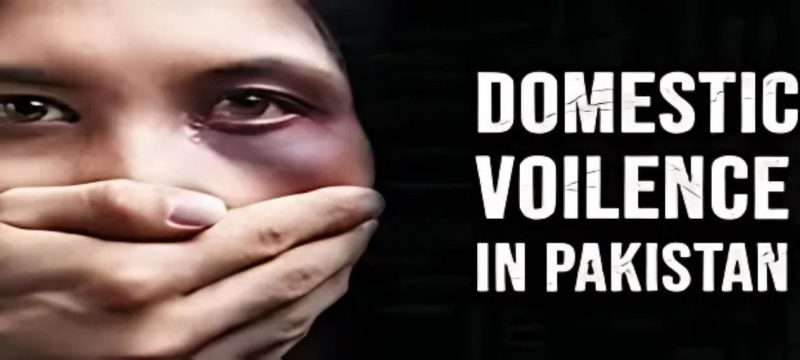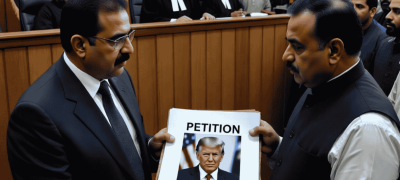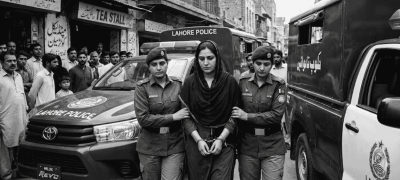In a grim revelation, it is estimated that around 5,000 women lose their lives each year due to domestic violence in Pakistan. A staggering 35-40% of women endure abuse in silence, a number that experts believe is likely much higher, as societal stigma and fear of retribution keep many victims from speaking out.
Domestic violence remains a pervasive issue in Pakistan, often viewed as a private matter rather than a societal concern. This cultural silence allows countless women to suffer in isolation, trapped in a cycle of abuse that seems inescapable. Many women find themselves economically dependent on their abusers, fearing that leaving their homes could lead to greater hardship for themselves and their children. This economic insecurity chains them to their abusers, leaving them wondering who will help them break free from this harrowing situation.
Read more: Punjab Police Suggest Rs. 10 Lac Fine and Non-Bailable Offense for Domestic Violence
The impact of domestic violence extends beyond the immediate victims. Children who witness abuse suffer long-term psychological effects, with scars that can last a lifetime. This cycle of violence perpetuates itself, as children raised in abusive households are more likely to become abusers or victims in their own relationships.
Tragically, for many women in Pakistan, seeking help can lead to even more dire consequences. Those who attempt to escape abusive relationships often face the threat of honor killings, where violence is justified in the name of family reputation. The right to live a life free of abuse should never come at the cost of family honor.
Despite the existence of laws aimed at protecting domestic violence victims, weak enforcement leaves survivors vulnerable and without adequate support. Many women find themselves lost in a system that fails to provide the necessary protection, leaving them to navigate the dangers of their situation alone.
Furthermore, the mental health crisis among domestic violence victims is alarming. Many suffer from depression, anxiety, and PTSD—unseen scars that haunt them long after the physical violence has ended. The need for mental health support is urgent, yet it remains largely unaddressed.
Compounding these issues is Pakistan’s shelter crisis for domestic violence survivors. Shelters are few and far between, leaving women with nowhere to turn for safety and support. This lack of resources further traps victims in their situations, often forcing them to return to their abusers.
As awareness of domestic violence grows, it is crucial for society to break the silence surrounding this issue. Advocacy for stronger laws, better enforcement, and comprehensive support systems is essential to ensure that women in Pakistan can escape the endless suffering caused by domestic violence. It is time for change, and it is time for all voices to be heard.









